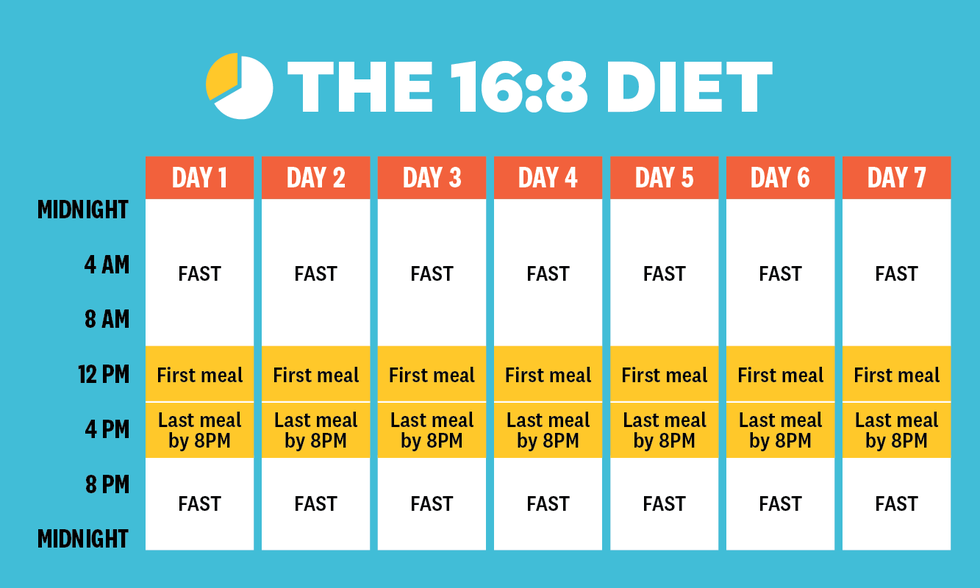The Power of Fasting: Unlocking Health Benefits and Incorporating it into Your Daily Life
The Power of Fasting: Unlocking Health Benefits and Incorporating it into Your Daily Life

Fasting, the practice of abstaining from food or certain types of food for a designated period, has been a part of various cultural and religious traditions for centuries. In recent years, however, fasting has gained popularity for its potential health benefits beyond spiritual and cultural significance. From weight management to improved mental clarity, fasting has been linked to a range of positive outcomes. In this article, we will explore the benefits of fasting and how you can incorporate it into your day-to-day life while ensuring adequate protein intake.
- Weight Management: One of the primary reasons people turn to fasting is its potential for weight loss and weight management. When you fast, your body depletes its glycogen stores and starts utilizing stored fat for energy. This metabolic shift can lead to a reduction in overall body fat percentage and improved body composition. Additionally, fasting can help regulate appetite hormones, potentially reducing overeating and aiding in calorie control.
- Improved Insulin Sensitivity: Fasting has been shown to enhance insulin sensitivity, which is crucial for preventing and managing conditions like type 2 diabetes. Intermittent fasting, a popular fasting pattern, has been particularly effective in reducing insulin resistance and improving blood sugar control. By allowing your body to regularly experience periods without food, you help regulate insulin production and promote efficient glucose utilization.
- Enhanced Cellular Repair and Autophagy: During fasting, the body initiates a process called autophagy, where it breaks down old and dysfunctional cells, proteins, and cellular debris. This cellular “clean-up” process helps optimize cellular function and can have various health benefits. Additionally, fasting stimulates the release of growth hormone, which promotes tissue repair and regeneration.
- Cognitive Function and Mental Clarity: Fasting has shown promising effects on brain health and cognitive function. Studies suggest that fasting may increase the production of brain-derived neurotrophic factor (BDNF), a protein that plays a vital role in neuroplasticity, learning, and memory. Fasting has also been associated with improved focus, mental clarity, and reduced brain fog. It may also protect against neurodegenerative diseases like Alzheimer’s and Parkinson’s.
- Longevity and Anti-Aging Effects: Fasting has been linked to increased lifespan and anti-aging benefits. Caloric restriction, a form of fasting, activates several cellular pathways associated with longevity and improved healthspan. These pathways include increased stress resistance, DNA repair mechanisms, and reduced inflammation. While the exact mechanisms are still being studied, periodic fasting has shown promising effects in slowing down the aging process and promoting longevity.
Now that we’ve explored the numerous benefits of fasting, let’s discuss how you can incorporate it into your day-to-day life while ensuring adequate protein intake. It’s crucial to prioritize lean body mass (LBM) and ensure you’re consuming enough protein during your eating windows. Here’s how to strike the right balance:
- Choose an Intermittent Fasting Schedule: Select an intermittent fasting pattern that suits your lifestyle and preferences. Popular options include the 16/8 method (16 hours of fasting, 8 hours of eating) or the 5:2 method (eating normally for five days and restricting calories for two non-consecutive days).
- Prioritize Protein-Rich Foods: When breaking your fast, emphasize protein-rich foods to meet your daily protein needs. Opt for lean sources such as chicken, turkey, fish, tofu, legumes, and low-fat dairy products. Aim for 1-1.5 times your lean body mass in protein daily to support muscle maintenance and repair.
- Incorporate Balanced Meals: Design your meals to include a variety of nutrient-dense foods. Include plenty of vegetables, whole grains, healthy


